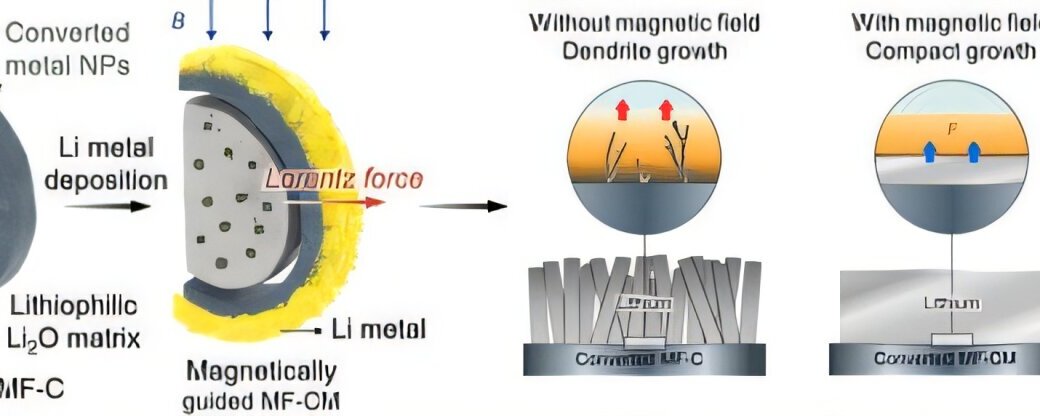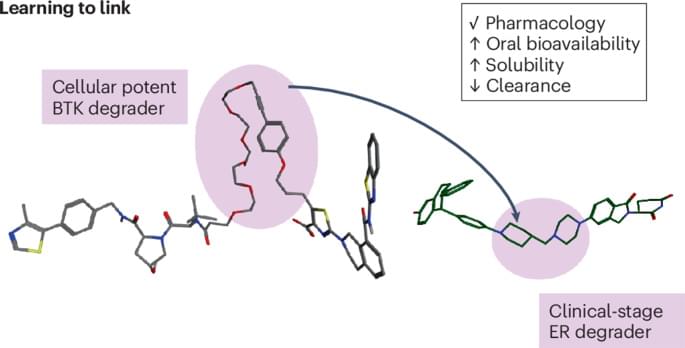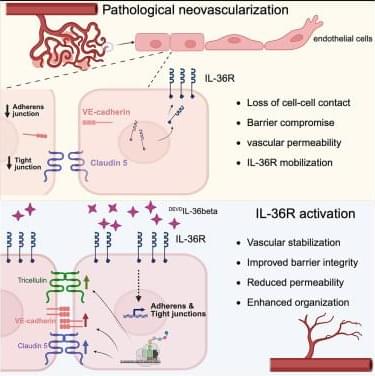Questions to inspire discussion.
💰 Q: Which companies are most likely to acquire StarCloud and why? A: Microsoft, Amazon, Google, OpenAI, and Nvidia are prime candidates to acquire StarCloud for billions to gain first-mover advantage in the space data center industry, allowing them to immediately access 20 of the smartest satellite engineers and an operational program to expand rather than building from scratch.
Technical Achievement.
⚡ Q: What technical milestone did StarCloud achieve that validates the space datacenter concept? A: StarCloud’s recent launch demonstrated a space-based NVIDIA H100 data center that is 100 times more powerful than anything previously launched and successfully ran Gemini AI model, marking the dawn of a new era and proving the viability of AI compute power in space.
🛸 Q: What launch advantage does SpaceX have in the space datacenter industry? A: SpaceX currently holds a monopoly on launching data centers into space with competitors like Blue Origin and Rocket Lab still needing to develop capable rockets, while SpaceX’s Starship is expected to remain the cheapest and best option for orbital launches.
Strategic Value.




